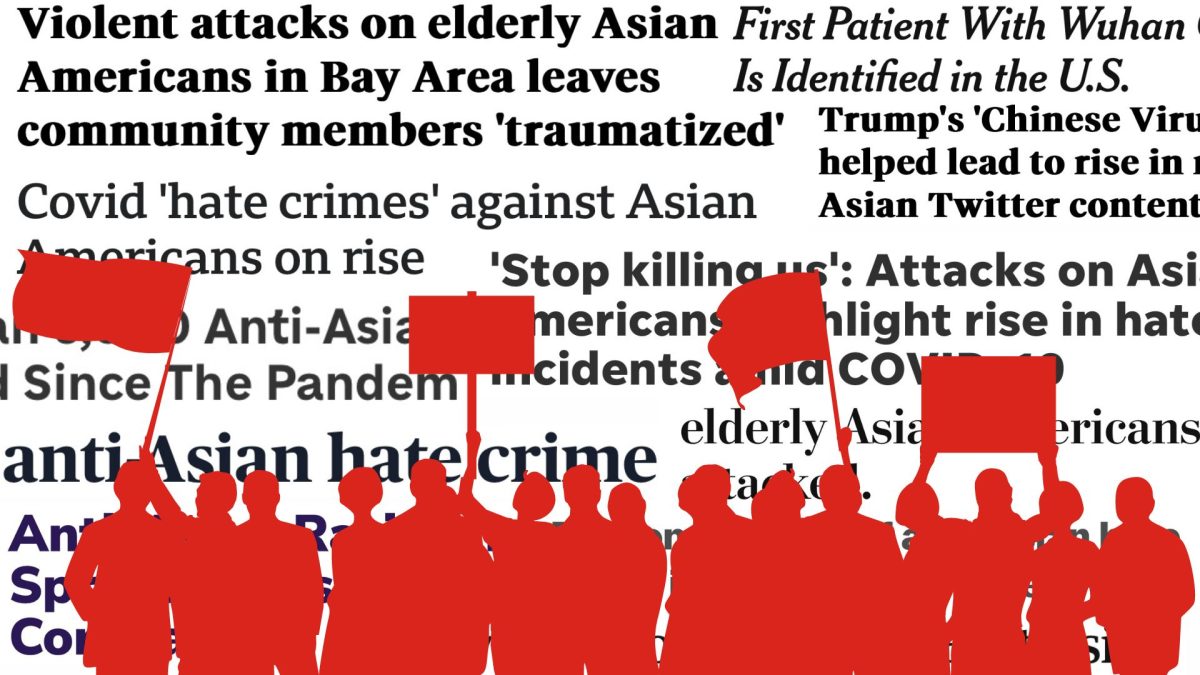The San Francisco Board of Supervisors declared a state of emergency Nov. 5 in response to pedestrian and bicyclist fatalities in the city.
The resolution comes days after a woman was killed and a man critically injured while walking on city streets. Sixty-nine-year-old Pilsoo Seong of San Francisco was struck and killed by a vehicle in the Mission District on Halloween. Two days later, another man in his 60s suffered a brain injury after being struck by a vehicle on Potrero Hill.
“Every few days I get a notification that another person has been fatally struck by a vehicle,” Board of Supervisors President Norman Yee said. “For those family members and friends and for the survivors, it is a lifetime of heartbreak and trauma.”

Despite the city’s “Vision Zero” goal of eliminating traffic related fatalities by 2024, 16 pedestrians or bicyclists have died on city streets this year — one less than all of last year and one more than in 2017.
District 6 Supervisor Matt Haney introduced the resolution after safety advocates including Walk San Francisco and the San Francisco Bicycle Coalition voiced concern regarding the uptick in deaths.
Earlier this year the San Francisco Municipal Transportation Agency released a revised Vision Zero Strategy, which advocates criticized for lacking direction and not including performance metrics. In July after two pedestrian deaths within the span of a few days, advocates and concerned citizens rallied at City Hall calling for a state of emergency declaration.
The resolution, which passed unanimously, is nonbinding and doesn’t change policy. According to Haney, it aims to push city leaders to ramp up existing efforts.
“This resolution really calls for more urgent immediate emergency actions,” Haney said. “It’s going to take continued leadership from this board to shine a light on this, to hold folks accountable.”
According to Jodie Medeiros, executive director of Walk San Francisco, the fact that the resolution passed unanimously and received multiple co-sponsors sends a message to state lawmakers, who have the final say regarding certain policies San Francisco wishes to implement in its effort to increase safety.
“It’s good to have them on record,” Medeiros said. “We’re seeing that as a win.”
Earlier this year state lawmakers blocked the city’s attempt to lower speed limits. The Vision Zero team has shown interest in implementing automated enforcement methods to deter blocking crosswalks, illegal turns and failure to yield — a move that would also require state approval.
Vision Zero projects currently underway include creating more transit-only lanes and protected bike lanes and widening sidewalks. A host of traffic calming measures and adjustments to intersections to increase pedestrian safety, such as increasing traffic light times to allow pedestrians more time to cross, are also being implemented.
The Board of Supervisors has recently shown its support for closing certain streets off to cars almost entirely. Last month, the board voted to close a large portion of Market Street to private vehicles.
In addition, the San Francisco Police Department has been instructed by policy makers to increase the number of citations given for the five most dangerous driving behaviors as identified by the city: speeding, running red lights and stop signs, violating pedestrian right-of-way in crosswalks and failing to yield while turning.
Since Vision Zero’s inception, however, city data show a decline in these citations, with the number of citations given for these infractions peaking in 2017 and decreasing significantly since then.
January through August this year represents an all time low since 2014, with an average 3,770 citations per month, compared to 2017’s 6,596. 2017 saw the lowest number of traffic fatalities since the city started recording such data over 100 years ago.









